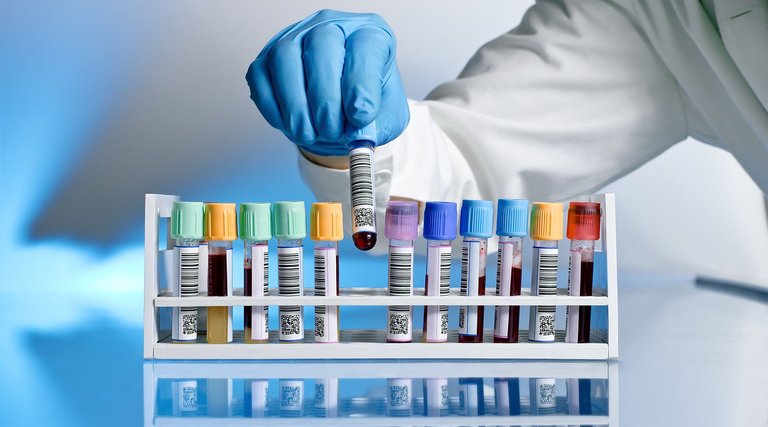Should animals be used for research?
This question has been asked for years, with a great number of people condemning such practices while referring to them as violence and cruelty, organising alleys and collecting signatures. On the other hand there is also the other face of the coin which consists of people defending it and giving arguments as to why it is the best alternative to using human beings for research such as criminals or actual volunteers seeking easy money. They ask the public to look at the bigger picture and open constant debates on the importance of these researches in order to find cures for deadly diseases while gaining sympathy by talking about the innocent young cancer victims.
This subject has been treated and examined from different angles, medically, humanly, morally and even religiously. Books have been written about it and movies adapted stories about animal rights such as Legally Blonde 2: Red, White & Blonde where the protagonist fights for the liberation of animals from the horrors of a cosmetics company testing experiments. However, I’d like to look at it from another perspective, technologically.
The 21st century has been and still is all about technology. Researchers work every day to find new solutions, optimal ones that can make our lives easier; from electronic devices to social media networks, robots and even smart houses which would not be possible without the breakthrough advances in the field of Artificial Intelligence (AI). According to two famous computer scientists Stuart Russell and Peter Norvig, AI is the study and design of intelligent agents, where an intelligent agent is a system that perceives its environment and takes actions that maximize its chances of success. Substantially, it is a bunch of programs that have the ability to learn and solve problems autonomously without having to be told exactly what to do. In fact, artificial intelligence progressed through four generations: thinking humanly as in making machines think like human beings, acting humanly, thinking rationally and lastly acting rationally which means that a machine is capable of completing tasks by leading paths that maximize its chances of reaching its goals. Therefore, machines can reach independence and be more or less free from human power. Scary isn’t it? That is how Stephen Hawking feels about the future if AI. In one of his interviews with BBC he said that “the development of full artificial intelligence could spell the end of the human race” and that “it would take off on its own and redesign itself at an ever increasing rate. Humans who are limited by slow biological evolution, couldn’t compete and would be suspended”. Thus, let’s imagine a world where Dr. Hawking fears became our reality. A world where human beings are no longer the supreme most intelligent and rational race on Earth. We will no longer be able to put our own benefits above those of other creatures. We would be a step below the new full AI which in order to develop itself, it may use us for its own research because of its own believes of what is good for us or simply because we do not matter. In this case, humans would not sit still in the face of such violence and forms of cruelty. We’d work hard to free ourselves from this injustice and regain our long lost place and our self-called rightful power.
All of this would be possible because we possess an ensemble of faculties such as thinking, communication and perception that unfortunately animals lack. Animals on whom we impose our research on who similar to us are capable of feeling pain, identifying mistreatment and understanding cruelty. So what gives us the right to justify putting them through awful experiments that we’d never tolerate if we were put in their shoes? And before saying “yes” to using them in research we should ask ourselves if the results we celebrate are greater than the price they have to pay?
